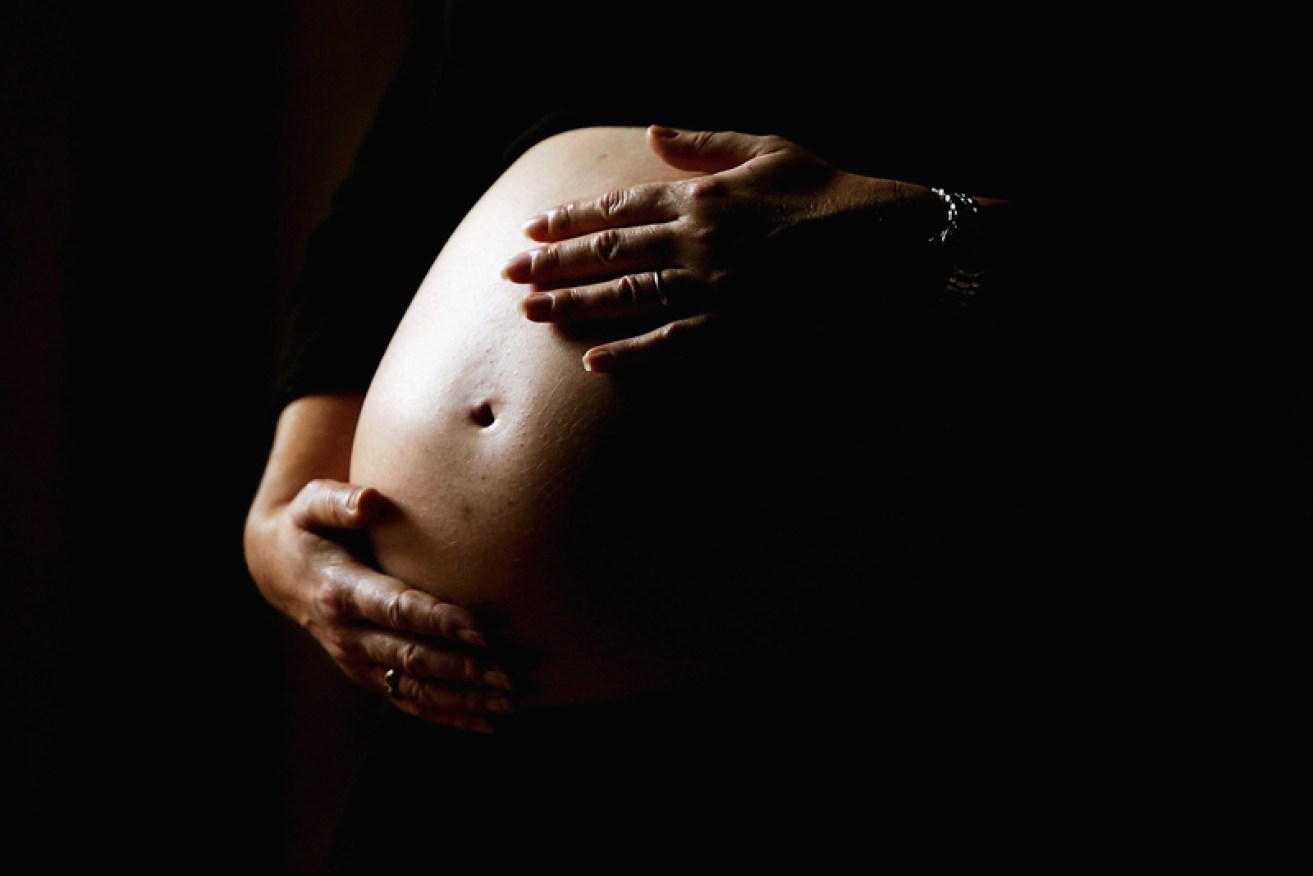Mentally ill prisoner denied an abortion by Queensland review board

The prisoner ,identified only as "QDB", must now give birth to the twins she is carrying.
A reproductive rights group has raised concerns about Queensland’s health system after a mentally ill prisoner with a drug problem was barred from having an abortion.
The 33-year-old woman, referred to by the Queensland Civil and Administrative Tribunal (QCAT) as “QDB”, applied for special consent to terminate her high-risk twin pregnancy at 20 weeks because she did not want anymore children.
QDB has a history of mental illness, drug use, has outstanding criminal matters and is hepatitis C positive.
She was taken into custody at the Brisbane Women’s Correctional Centre in June for breaching a bail order and has since been living at a Brisbane mental health facility to treat her relapsed schizophrenia.
QDB is now a classified patient under the Mental Health Act and requires ongoing psychiatric and professional health care to manage her mental illness, and her complex care needs, including her pregnancy.
The QCAT can decide whether an adult without legal capacity can make a decision to have an abortion.
QDB’s parents have indicated they do not oppose the approval of the termination procedure, predominantly on the basis that they do not think she is capable of looking after children.
In her decision, QCAT member Joanne Brown said the woman could not be granted an abortion because she did “not have the capacity to make complex decisions about all of her personal matters due to her diagnosed mental illness”.
“We recognise that QDB’s views and wishes should be taken into consideration in this matter. We are also mindful, however, of the fact that QDB has not been fully informed about the termination procedure,” she said.
Ms Browne said because the termination would take place after 20 weeks’ gestation the foetuses may be born alive and it would be necessary for the registration of a death certificate and arrangements made for a burial.
“QDB has not been informed about this and has not been given an opportunity to consider whether she would like to continue with the pregnancy and how she feels about the termination procedure,” she said.
Abortion up to and beyond 20 weeks is legal in many states including Victoria, South Australia and the Northern Territory.
In Queensland, abortion is still criminalised, however it is lawful when a doctor believes a woman’s physical and/or mental health is in serious danger.
As well as a history of drug use, QDB has a low-lying placenta and is a moderate-to-heavy smoker.
“Both doctors agree that if QDB’s pregnancy continued, it required a greater degree of care and management and without the continued care and more importantly, if QDB withdrew from care, there is, in effect, an increased risk that changes will occur and QDB’s physical health will be at risk,” the judgment said.
“The evidence is that in a worst-case scenario, if there was a change to the foetuses left undetected, for example, intrauterine foetal death, QDB was at risk of developing a complication that, if left untreated, could result in her death.”
The tribunal found that while QDB’s pregnancy was higher risk than a standard pregnancy, it was not risky enough to terminate.
“There is not evidence before us of serious danger to QDB’s life or physical or mental health if the pregnancy was to continue,” Ms Browne said.
Reproductive Choice Australia president Jenny Ejlak said the case was incredibly complex but it should have been dealt with earlier.
“How did it get to the point where she was 20 weeks’ pregnant before someone actually said ‘we [should] take a look at this and decide whether she wants to continue’?” Ms Ejlak said.
“The whole health system needs to have a good look at where it’s falling over and where the gaps are because women are falling through the cracks.”
Ms Ejlak said the tribunal was bound by legal precedents set more than 70 years ago.
She said the decision would probably have been different if this case were in another state where abortion was legal.
“Healthcare decisions for Australian women in 2017 are being made according to the thoughts of a few all male judges, which haven’t changed much since 1939,” Ms Ejlak said.
“This is one of those unfortunate cases where the law has more influence on a woman’s health care than the health professionals.
“By law they are being asked whether to give approval to go ahead with termination of a pregnancy but at no point is there a reference to what is the risk for the twins she is pregnant with.”
The Public Guardian was appointed for QDB’s health care and legal matters.
Queensland Health has been contacted for comment.
-ABC








